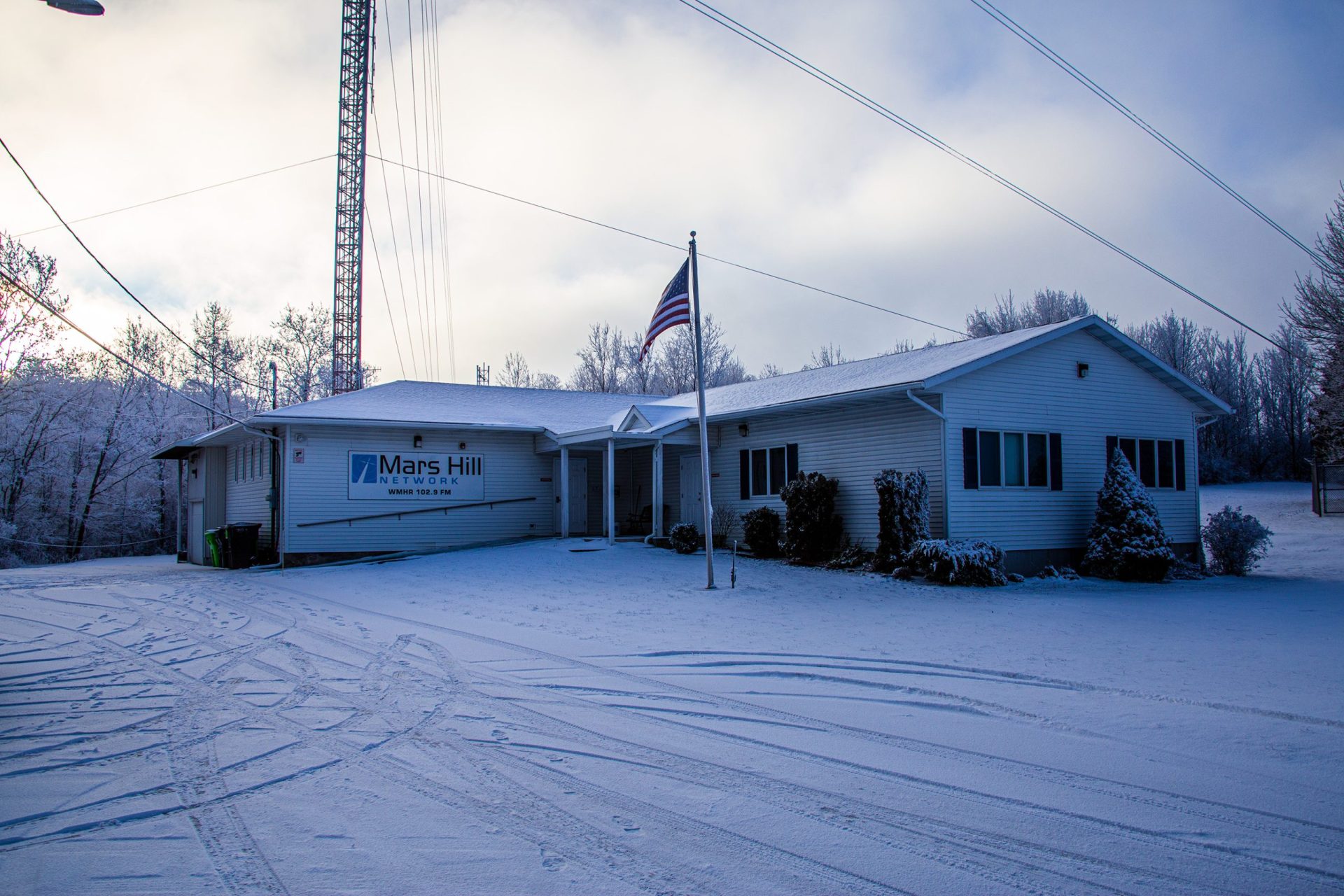East Timor welcomes Pope Francis on his visit to encourage its recovery from independence fight
Written by on September 9, 2024
[[{“value”:”
DILI, East Timor (AP) — The people of East Timor gave Pope Francis a rousing welcome Monday as he arrived in East Timor to encourage its recovery from a bloody and traumatic independence battle and celebrate its development after two decades of freedom from Indonesian rule.
Timorese jammed Francis’ motorcade route into town from the airport, waving Vatican and Timorese flags and toting yellow and white umbrellas — the colors of the Holy See — to shade themselves from the scorching midday sun.
“Viva el Papa!” they shouted as he passed by, at one point slowing down in his open-topped car to bless a baby who was presented to him in the middle of the crowd.
The occasional Timorese guards along the motorcade route were no match for the throngs of people, many donning T-shirts with Francis’ face on them, who slowed the convoy of cars and vans to a crawl. The 87-year-old Francis seemed to relish the greeting, smiling broadly from the car and waving as he passed by billboard after billboard featuring his image and words of welcome.
Francis arrived in Dili from Papua New Guinea to open the third leg of his trip through Southeast Asia and Oceania. President Jose Ramos-Horta and Prime Minister Xanana Gusmao, two of East Timor’s most revered independence heroes, greeted Francis at the airport and were meeting with him privately.
The pope was to address government officials and diplomats later Monday after an official welcome ceremony.
The overwhelmingly Catholic East Timor, one of the world’s poorest countries, eagerly awaited Francis’ arrival, which came on the heels of the 25th anniversary of the U.N.-backed referendum that paved the way for independence from Indonesia.
“Our great hope is that he may come to consolidate the fraternity, the national unity, peace and development for this new country,” said Estevão Tei Fernandes, a university professor.
It was a far different atmosphere than when the last pope visited. St. John Paul II came in 1989, when Timor was still an occupied part of Indonesia and fighting for its freedom. As many as 200,000 people were killed during the 24 years of Indonesian rule.
Francis will confront that legacy, and another one more close to home involving Bishop Carlos Ximenes Belo, the Timorese bishop who, along with Gusmao and Ramos-Horta is regarded as a hero for his efforts to win independence.
Belo won the Nobel Peace Prize in 1996 with Ramos-Horta for campaigning for a fair and peaceful solution to the conflict.
The Norwegian Nobel Committee, in its citation, praised Belo’s courage in refusing to be intimidated by Indonesian forces. The committee noted that while trying to get the United Nations to arrange a plebiscite for East Timor, he smuggled out two witnesses to a bloody 1991 massacre so they could testify to the U.N. human rights commission in Geneva.
In 2022, the Vatican acknowledged that it had secretly sanctioned Belo in 2020 for sexually abusing young boys. The sanctions included limitations on his movements and exercise of ministry and prohibited him from having voluntary contact with minors or contact with East Timor itself. The sanctions were reinforced in 2021.
Despite the sanctions, which were confirmed at the time by the Vatican spokesman and reaffirmed last week ahead of Francis’ trip, many people in East Timor have stood by Belo, either dismissing, denying or diminishing the victims’ claims. Some even hoped Belo, who lives in Portugal, would be on hand to welcome Francis.
Brought to you by www.srnnews.com“}]]






